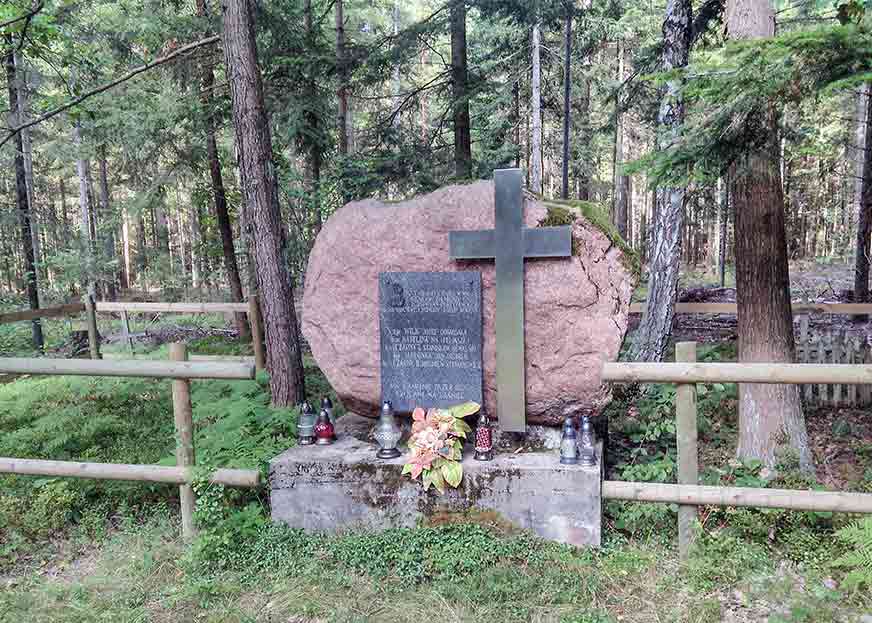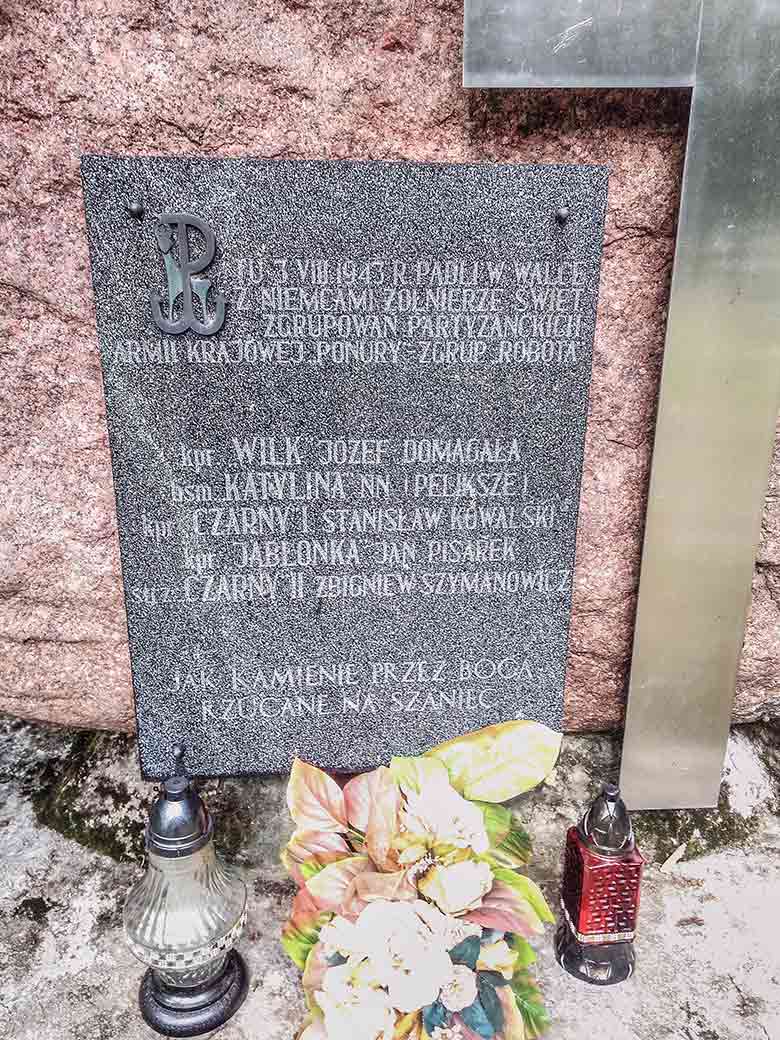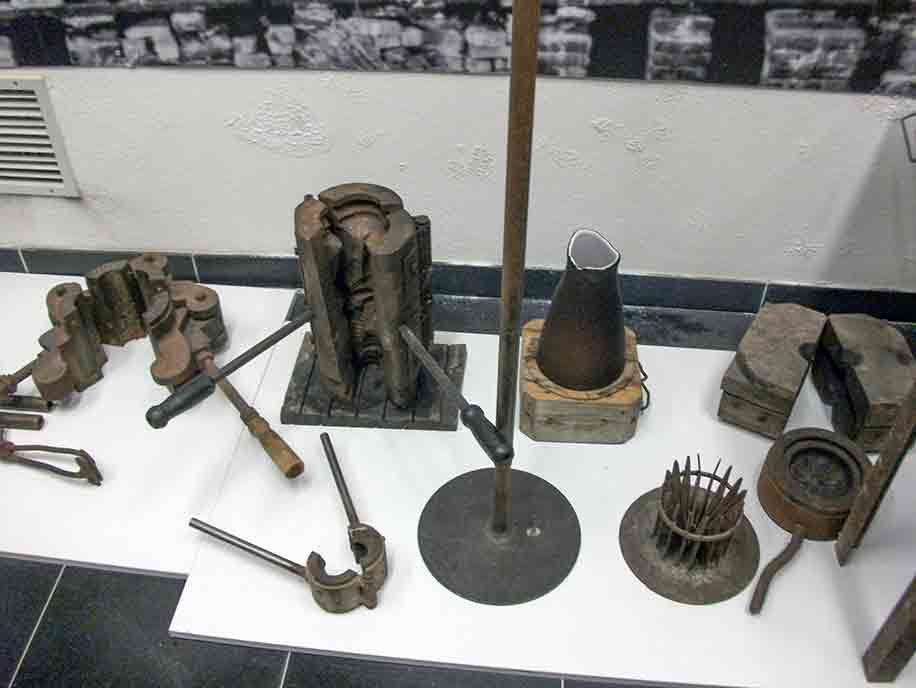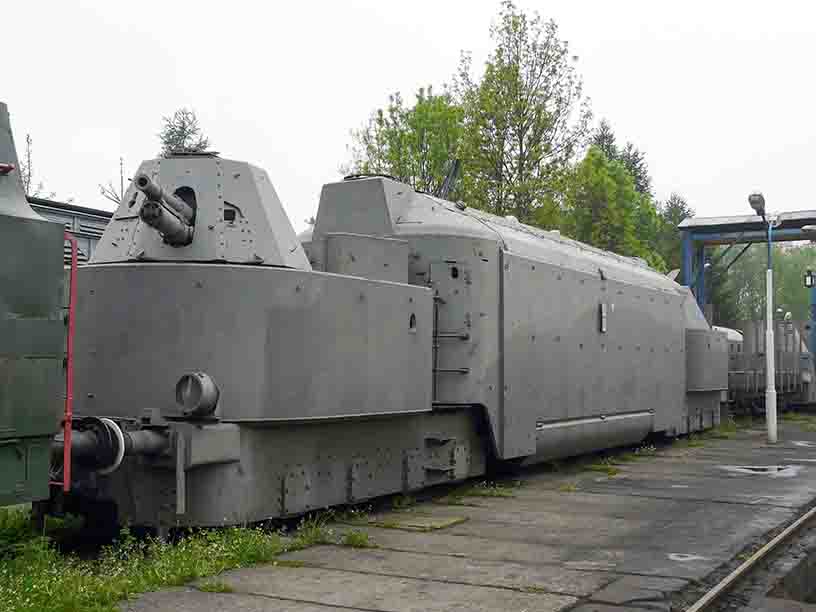The indomitable soldiers are, in other words, the Polish post–war independence– and anti–communist underground. It was a partisan movement of a kind, resisting the sovietization of Poland. They fought a fight against the security apparatus of the USSR and the services subordinated to them in Poland.

Members of the organization
The number of members of all conspiratorial organizations and groups is estimated at 180,000. During the last days of World War II, 80,000 anti–communist partisans were active in Poland. The last member of the resistance movement, Józef Franczak, bearing the pseudonym "Lalek" from the detachment of Capt. Zdzisław Broński, called "Uskoka", died in a manhunt in Majdan Kozice Górne (Lublin Province) eighteen years after the war, on October 21, 1963. In practice, most of the armed organizations collapsed as a result of the lack of response from the great world powers, i.e. the states–guarantors of the Yalta treaty. After mass disclosures of members of the underground during the alleged amnesty, a large number of true Polish patriots were caught and imprisoned. Due to the situation, the NIE organization was established, combining civil and military structures, aimed at self–defense and maintaining the morale of Polish society. This organization, however, was significantly weakened as a result of the arrest of Brigadier Generals Emil Fieldorf and Leopold Okulicki. On May 7, 1945, a new organization was established: the Delegation of the Armed Forces to Poland, which survived for several months and was replaced by the "Freedom and Independence" Movement of Resistance Without War and Diversion (WiN).
In the occupied territories of Poland
In the territories of Poland occupied by the Red Army, military commanding offices of the Red Army were established to enable the terror of the NKVD and the organs of the Ministry of Public Security subordinated to the PKWN organized by the NKVD. At the same time, the Polish Government-in-Exile, which, as agreed at the Yalta Conference, was to hold free elections to select the final government in Poland, lost wide international recognition. WiN intended to avoid confrontation and fights and it was only to focus on the methods of political propaganda influencing society. In the upcoming elections, the only legal opposition that existed at that time was the Polish People's Party.

The Red Army
When the Red Army entered the territory of Poland in 1944, it did not intend to leave our country any time soon. There were then — in the name of the communist system — mass arrests, deportations and terror against the Polish civilian population. Even during the German occupation, the activity of Soviet parachute saboteurs mainly consisted of tracking down and turning out Home Army units. At the same time, they focused on murdering the rural population providing aid to the Home Army, attacking manors, burning churches, and liquidating the Polish intelligentsia, which were seen as a mainstay of patriotism and Polish statehood. Units of the NKVD, units of the Red Army, and the local militia recruited from the red partisans were used to control the Polish Eastern territories. Soviet partisan units, named after Chapaev, robbed the Polish population in the villages of the Navahrudak (Nowogródek) district. In August 1944, several thousand men were transported from Vilnius to Kaluga, near Moscow. At the same time, 35,000 Poles arrested in Vilnius were deported to the southern part of the Soviet Union and Siberia.
They fought the conspiracy
The NKVD and the secret police fought the independence underground with insidious methods. After the arrest of Jan Mazurkiewicz, pseud. "Radosław", the Central Committee for Liquidation of the Home Army was created. “Radosław” then appealed to former soldiers of the Home Army to come out and take advantage of the amnesty. However, it was a fraudulent double cross. It promised "forgiveness", even though the Home Army soldiers had not committed any crimes against the nation, but the secret police still had a confidential instruction to "intern and isolate" the Home Army men, after recording their identities, and then to kill them. In 1945, about 50,000 underground soldiers were revealed. The knowledge gathered during the interrogations was used by the Communists for later repressions against those disclosed and reaching out to people still engaged in the underground struggle. Security threats and torture turned out to be the main weapon in the fight against the command of the anti–communist underground. The first WiN Board was captured when the head of the Investigative Department of the Ministry of Public Security, Józef Różański, promised the arrested courier Emilia Malessa that nobody would be hurt. The courier immediately attempted to intervene, demanding that the contract be honored and that the underground soldiers she revealed be released, but to no avail. In 1949, in an act of protest and despair, she committed suicide. The head of the 4th WiN Board, Lieutenant Colonel Łukasz Ciepliński, was forced by torture and phony promises to expose his collaborators. In total, over 20,000 soldiers died or were murdered in NKVD and UB prisons, some of them were sent East, and many were sentenced to imprisonment. At the end of the 40s of the last century, over 250,000 people were imprisoned and held in Soviet labor camps. The 6th Vilnius WiN Brigade was the largest organized unit conducting regular fights with the security forces in post–war Poland. Activities against the security forces were also carried out by the Greater Poland unit of Antoni Fryszowski.

Fighting the Underground
To fight the Polish underground, the Security Committee designated: 47 infantry regiments, 2 heavy artillery brigades, 18 light artillery regiments, 5 independent heavy artillery squadrons, 5 tank regiments, 3 cavalry regiments and one sapper regiment of the Polish Army. There were also units of the State Militia (police). In total, about 150–180 thousand soldiers and militiamen were assigned to fight with the armed underground. Together with ORMO, over 250,000 people were involved in killing fellow countrymen who loved their Homeland ..... a Free Homeland.
On March 1, let us hang our white and red flag and pay tribute to those who loved the Polish soil just like we do.
Translation from Polish by Andrew Woźniewicz.
Photos by the author.




